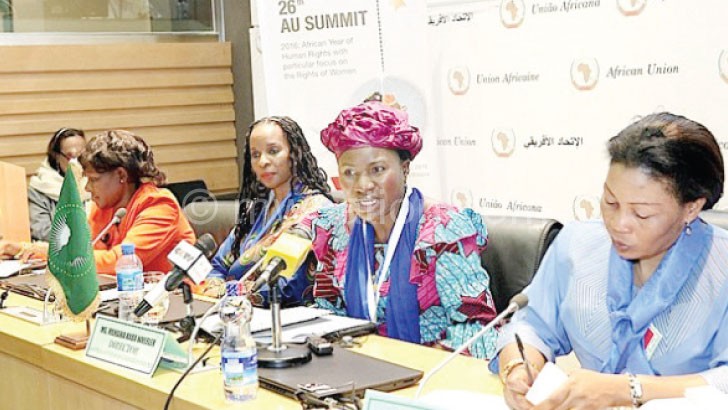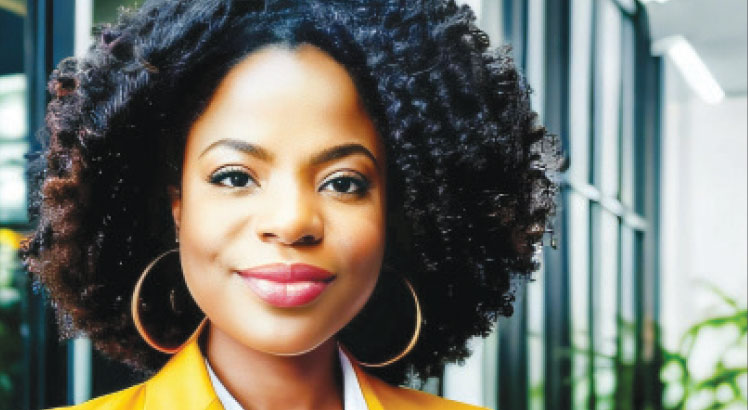Women’s rights first- African Summit
Despite the enormous challenges facing Africa now, the leaders of its 1.2 billion plus inhabitants have decided to spotlight the issue of Human Rights With a Particular Focus on the Rights of Women in their 26th summit held in Addis Ababa on 21-31 January this year. Why?
In an interview, Mahawa Kaba Wheeler, Director of Women, Gender and Development explains that time has come to act to alleviate the multitude of barriers to gender equality.

“These include, among others, economic exclusion and financial systems that perpetuate the discrimination of women; limited participation in political and public life; lack of access to education and retention of girls in schools; gender-based violence, harmful cultural practices, and exclusion of women from peace tables either as lead mediators or part of negotiating teams of conflicting parties,” she argued.
The AU believes that removing these barriers that impede women from fully enjoying their human rights can empower the continent.
Asked about women’s social, economic and political role in the continent, she says Africa is at a turning point emerging as “one of the fastest growing developing regions in the world, registering economic growth levels ranging from 2 to eleven per cent.”
“Women make enormous contributions to economies, whether in business, agriculture, as entrepreneurs or employees, or by doing unpaid work at home. But they also remain disproportionately affected by poverty, discrimination and exploitation,” explained Kaba.
Women’s socio-economic disadvantages are reflected in pervasive violence, gender inequalities in earned income, property ownership, access to services including health and education as well as time use.
To date, women in Africa, like women elsewhere, have not been included as full, equal and effective stakeholders in processes that determine and impact on their lives, Kaba Wheeler said.
“For example, women continue to have less access to education than men; they have less employment and advancement opportunities; their role and contribution to national and continental development processes are not always recognised nor fully rewarded; and they continue to be conspicuously absent from crucial decision-making positions,” she elaborated.
Kaba Wheeler also explained that the focus on these rights is an opportunity for the AU to take stock of how far it has come in addressing some of the impediments to women’s full enjoyment of their human rights.
This is also meant “to assess the extent of implementation of its gender and women’s rights instruments, consolidate the gains already made over the years and consider future priority areas of action to accelerate the effective and efficient implementation of commitments made on gender equality and women’s empowerment, ” she stated.
Regarding the main reasons why African women still face such huge hurdles, Kaba Wheeler cited a number of factors that create barriers between the present condition and gender equality in Africa.
“Key amongst those is that African culture is largely patriarchal. Because of this, family control and decision-making powers belong to males. Since decision-making powers belong to males, the ability to make policy as well as the power to influence social norms also belongs to males.”
Consequently, she adds, “the male policy makers often maintain a firm grip on the traditional, gender-specific roles. This creates a sort of self-serving cycle, from which Africa is not yet free. Not unlike the women in many western states, the traditional role of women in Africa is that of the home-maker.” —Ipsnews.net



